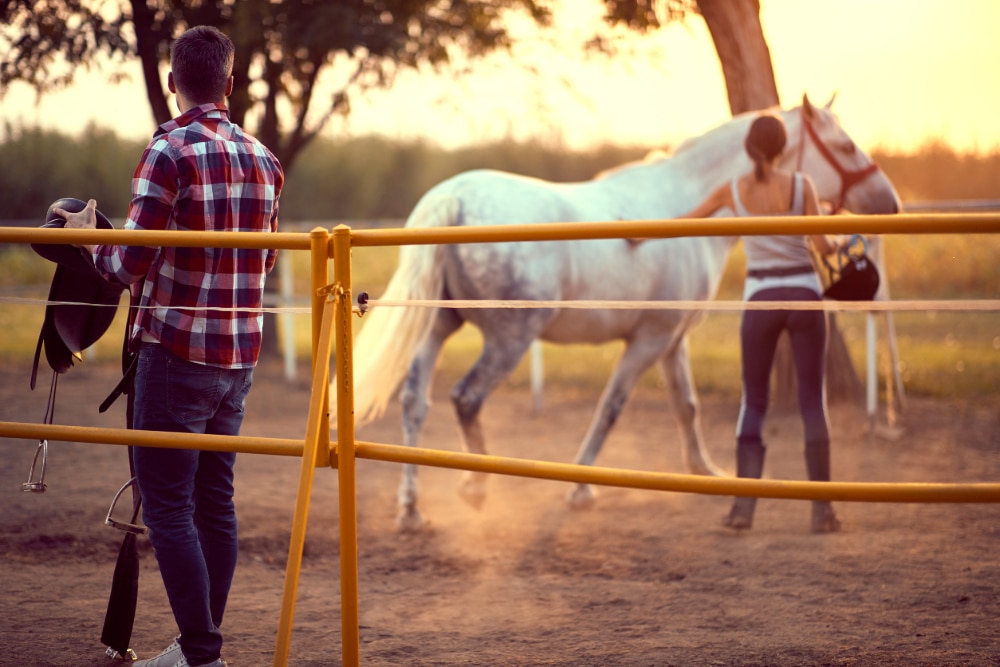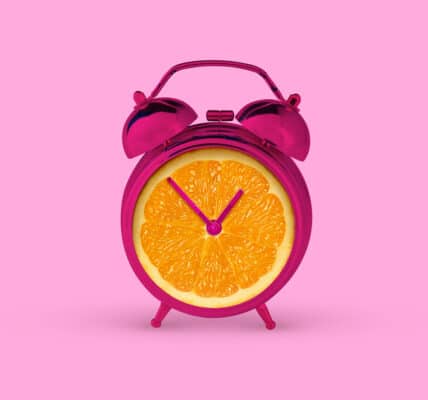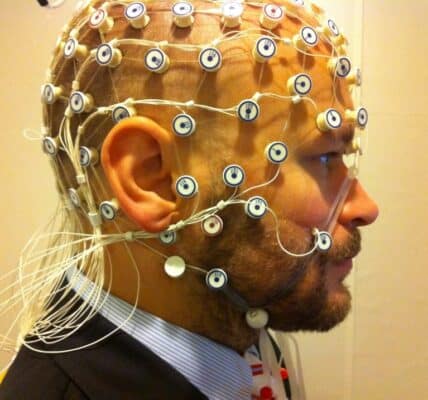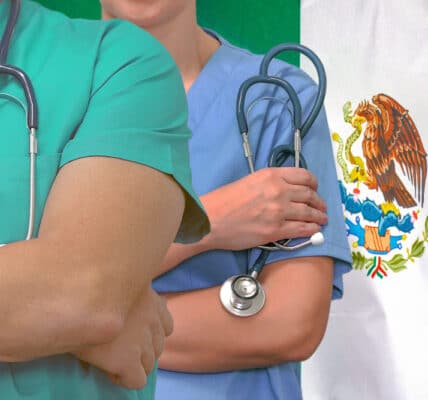Equine-Assisted Psychotherapy Helping With Addiction Recovery

Every May, when Churchill Downs hosts the Kentucky Derby — thoroughbred horseracing’s “run for the roses” — the newspapers fill with stories about gambling addiction and the offices of debt counselors filling with victims who bet the farm and lost. So it’s a pleasure to report on something thoroughbred racing is doing to help addicts in recovery.
Taylor Made Farm in Lexington, Kentucky, is a worldwide leader in thoroughbred sales and marketing. The farm has raised and sold many famous winners of major stakes races throughout the world. It’s a family business managed by the four Taylor brothers: Duncan, Ben, Mark, and Frank. Frank, a recovering alcoholic, pressed the others into developing a residential training program in horsemanship for adult men recovering from substance use disorders (SUDs).
The result is Stable Recovery of Lexington, Kentucky, which provides a residential treatment program for SUDs that involves equine-assisted therapy. The program, currently for men only, is 90 days of immersion in recovery including training in horsemanship. Stable Recovery is “a peer-driven therapeutic community with a focus on equine-related employment opportunities,” according to the organization’s website.
The addiction treatment includes a 12-step program, daily support groups and daily chores, plus working on the farm, grooming horses, and learning about thoroughbreds. The company explains the value of adding horses to recovery:
Men live and work on the farm, taking on various roles and responsibilities, developing healthy habits and routines, and providing them with a purpose and a goal. Working with horses is therapeutic and is perfect for recovery — it’s also a very employable skill and something we teach. Men will enroll in the School of Horsemanship at Taylor Made Farm, where they learn the art and science of horsemanship, but also undertake the 12 steps of recovery.
The history of using horses in therapy is long and strong. A 2020 report in the International Journal of High Risk Behaviors and Addiction on treating addicted adolescents with equine-assisted psychotherapy resulted in “a significant increase in adolescent behaviors associated with [Dr. William] Glasser’s connecting habits, including listening, trusting, supporting, encouraging, respecting and accepting, and negotiating differences.” They also found a significant reduction in anxiety and depression.
A “scoping review” of equine-assisted psychotherapy in the treatment of opioid use disorder (OUD) helps define some of the terms used. The report looked at equine-assisted psychotherapy and learning (EAPL) as an alternative therapy when other therapies have failed. In a fascinating conclusion, the researchers found that EAPL changed not only the behavior of patients but also the behavior of the horses:
Physiological measures showed change in both horses and humans who participated in equine programming.
The conclusion was based on the measurement of vital signs more than anything else. That’s because the vital statistics were one of the only commonalities among the varieties of equine-assisted therapy covered in the 77 studies reviewed. Part of the way equine-assisted therapy works is by providing treatment “outside of the typical treating environment.” Separating the substance abuser from their usual housing and segregating them in a care facility has a long history of helping to break addictive patterns, even without the horses.
The researchers say, “EAPL is beneficial for multiple mental health populations such as at-risk youth, veterans, autistic children, and domestic violence victims,” but they can’t quite make that claim for OUD patients because there is not enough homogenous data.
Working to provide that missing data is Eagala, the Equine-Assisted Growth and Learning Association, which provides training and certification in equine-assisted therapy. The program is unique in that it only provides training for licensed mental health professionals and equine specialists. The website provides those looking for services with a map of certified providers and a calendar of training opportunities.
Three years after Stable Recovery has been in operation, Taylor Made Farm has employed 60 men out of 110 graduates. The program has been so successful at solving two problems — substance abuse and a lack of trained workers — that it has spread throughout Kentucky and across the world. It now involves restaurants and other businesses willing to be part of the solution to addiction recovery.
Written by Steve O’Keefe. First published May 19, 2025.
Sources:
“The Stable Recovery program at Taylor Made Farm changes lives with the remarkable healing power of animals,” The Washington Post, May 2025.
“Innovative Equine Facilitated Psychotherapy Intervention for Adolescent Addiction Treatment: A Pilot Study,” International Journal of High Risk Behaviors and Addiction, August 16, 2020.
“Scoping review of the role of equine assisted psychotherapy and learning in opioid abuse treatment,” Journal of Veterinary Behavior, July–August 2024.
Image Copyright: luckybusiness.




